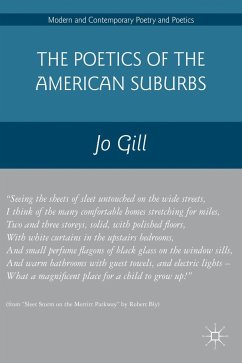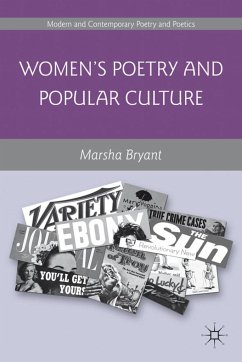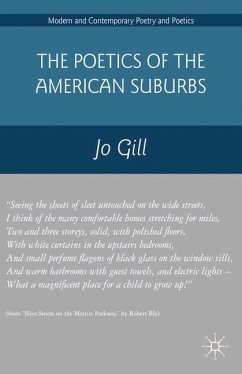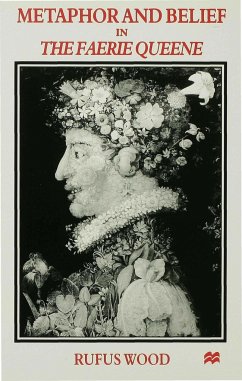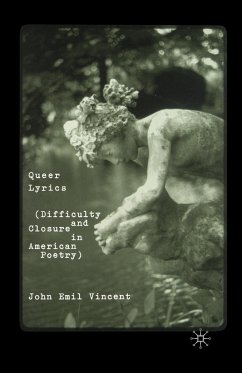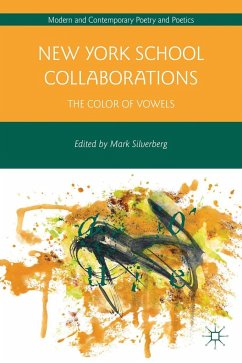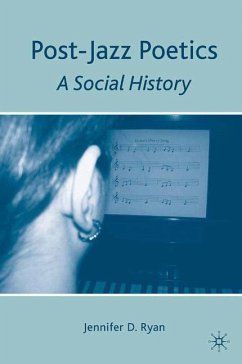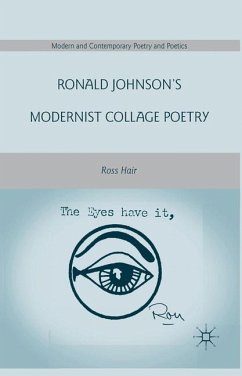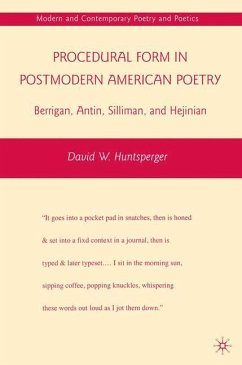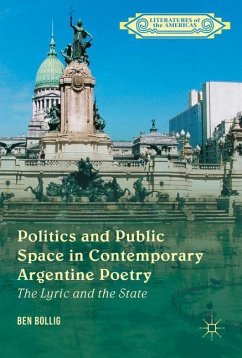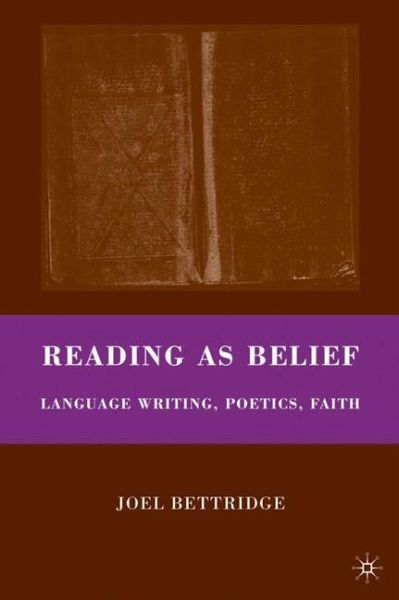
Reading as Belief
Language Writing, Poetics, Faith
Versandkostenfrei!
Versandfertig in 6-10 Tagen
38,99 €
inkl. MwSt.

PAYBACK Punkte
19 °P sammeln!
Reading as Belief advances the provocative idea that the disruptive techniques of recent innovative poetry require readers to become believers, occupying the same philosophical ground as the religious faithful. Pairing the poets Charles Bernstein and Bruce Andrews with John Calvin and Jonathan Edwards, and drawing on the work of diverse thinkers such as Wendy Brown, Ludwig Wittgenstein, Walter Benjamin, Stanley Cavell, William James, and Gilles Deleuze, this book demonstrates how belief, faith and language-attuned critical inquiry share an epistemology, one concerned with making meaning in the...
Reading as Belief advances the provocative idea that the disruptive techniques of recent innovative poetry require readers to become believers, occupying the same philosophical ground as the religious faithful. Pairing the poets Charles Bernstein and Bruce Andrews with John Calvin and Jonathan Edwards, and drawing on the work of diverse thinkers such as Wendy Brown, Ludwig Wittgenstein, Walter Benjamin, Stanley Cavell, William James, and Gilles Deleuze, this book demonstrates how belief, faith and language-attuned critical inquiry share an epistemology, one concerned with making meaning in the absence of certainty. Bettridge argues that recognizing such common ground helps overcome the cultural and philosophical impasse following the collapse of modernity s central narratives about language and liberal subjectivity.





